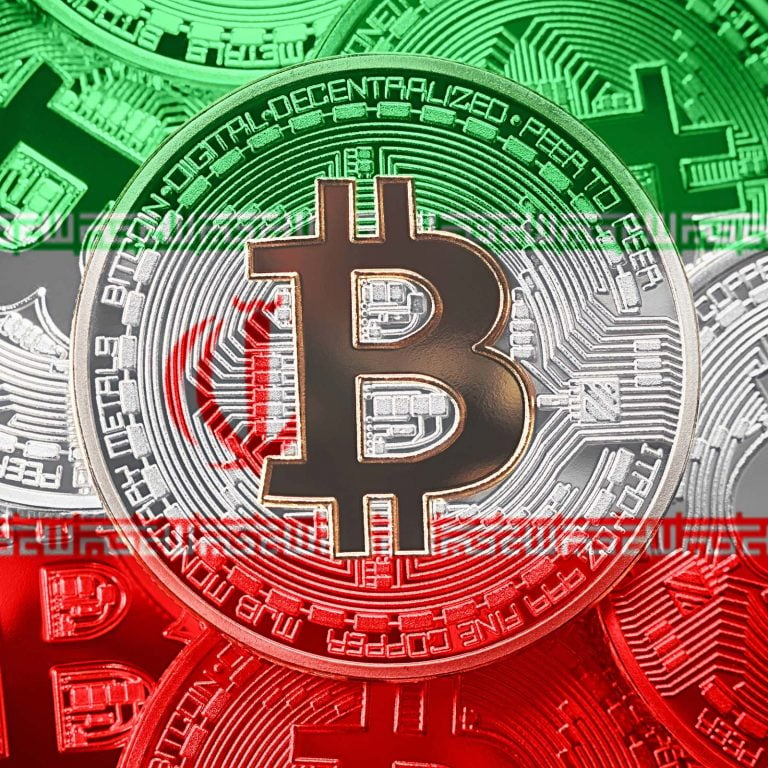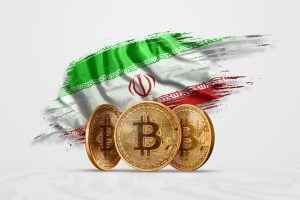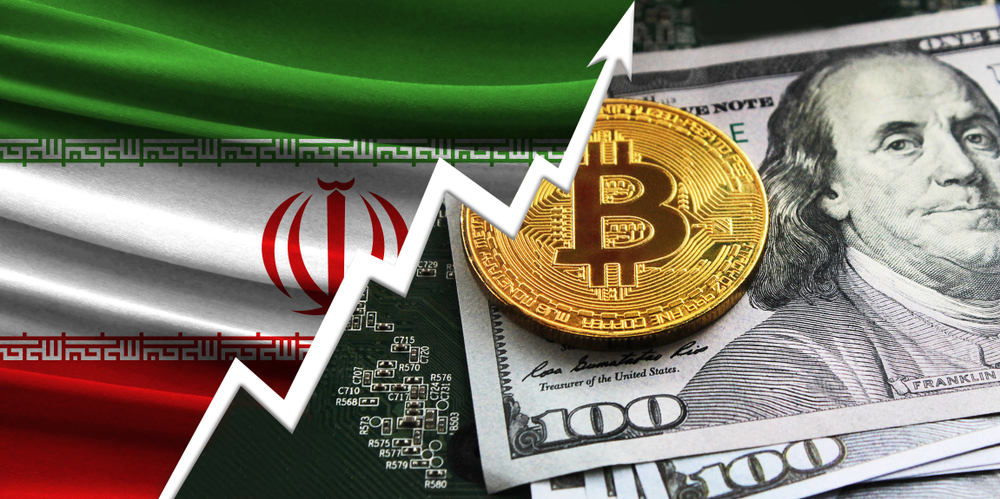Latest news about Bitcoin and all cryptocurrencies. Your daily crypto news habit.

Iran may employ cryptocurrencies as part of its efforts to circumvent the upcoming US sanctions, according to a high-ranking Iranian lawmaker who said the matter will be discussed in parliament soon. The Iranian MP also believes that digital money can help with overcoming the hegemony of the US dollar.
Also read: PBoC: Bitcoin Trading in Chinese Currency Drops Below 1% of World Total
Teheran Mulls Evading US Sanctions with Crypto
Cryptocurrencies are one of the major mechanisms Iran can use to evade the new US sanctions, a senior Iranian lawmaker said in an interview published recently. Mohammad Reza Pour-Ebrahimi, chairman of the parliamentary Economic Commission, also noted that digital currencies could help get rid of the dollar hegemony in international trade. Speaking to the Mizan News Agency, he said the matter will soon be reviewed in the parliament of the Islamic Republic.
Pour-Ebrahimi also noted that one of the main priorities of the Iranian legislature, in the current volatile economic situation, would be to explore the issue of money treaties as another mechanism to evade the sanctions. “Today, many countries like Russia, China and Brazil have already turned to mutual or multi-national money treaties which facilitate trade transactions,” he explained.
Amid rising tensions with the US, since Washington pulled out from the nuclear deal in May and threatened Teheran with harsher measures, Iran’s national fiat currency, the rial, has lost half of its value in the past several months. The new set of economic sanctions is expected to take effect in November this year and Iranian authorities have been looking for ways to circumvent them, the Iran Front Page reports.
Iran’s Complicated Relationship with Bitcoin
So far, the Islamic Republic has had an ambiguous attitude toward cryptocurrencies. The country’s economic woes have persuaded many Iranians to turn to cryptos like bitcoin in order to protect themselves and their money from high inflation and economic uncertainty. Around the beginning of this year, when the country was shaken by popular protests over the socio-economic situation, Iran saw a record increase in peer-to-peer trade between the rial (IRR) and bitcoin (BTC).
 During that period, calls were made for wider acceptance of cryptocurrencies. Later, reports came out that Iran was considering issuing its own crypto and adopting regulations for the established, decentralized cryptocurrencies like bitcoin. They were followed by statements that coins are unreliable and risky and other reports suggesting that the Central Bank of Iran (CBI) is looking for a way to prevent the use of digital currencies in the country.
During that period, calls were made for wider acceptance of cryptocurrencies. Later, reports came out that Iran was considering issuing its own crypto and adopting regulations for the established, decentralized cryptocurrencies like bitcoin. They were followed by statements that coins are unreliable and risky and other reports suggesting that the Central Bank of Iran (CBI) is looking for a way to prevent the use of digital currencies in the country.
In April, the CBI issued a statement effectively banning local banks and other financial institutions from dealing in cryptocurrency, while at the same time the debate on how to regulate the space was still ongoing. The risks of money laundering, financing terrorism, and criminal activities were cited as motives for the measure.
Despite the clampdown, it was revealed in May that Iranians have sent abroad more than $2.5 billion to acquire cryptocurrencies. In the meantime, it became known that Iran has developed an experimental local cryptocurrency, while the Central Bank and the Information and Communications Ministry continued their work on creating a legal framework for the fintech industry.
Do you think Iran will accept and use cryptocurrencies in order to evade US sanctions? Tell us what you think about this subject in the comment section below.
Images courtesy of Shutterstock, Mizan News Agency.
Express yourself freely at Bitcoin.com’s user forums. We don’t censor on political grounds. Check forum.Bitcoin.com.
Disclaimer
The views and opinions expressed in this article are solely those of the authors and do not reflect the views of Bitcoin Insider. Every investment and trading move involves risk - this is especially true for cryptocurrencies given their volatility. We strongly advise our readers to conduct their own research when making a decision.

